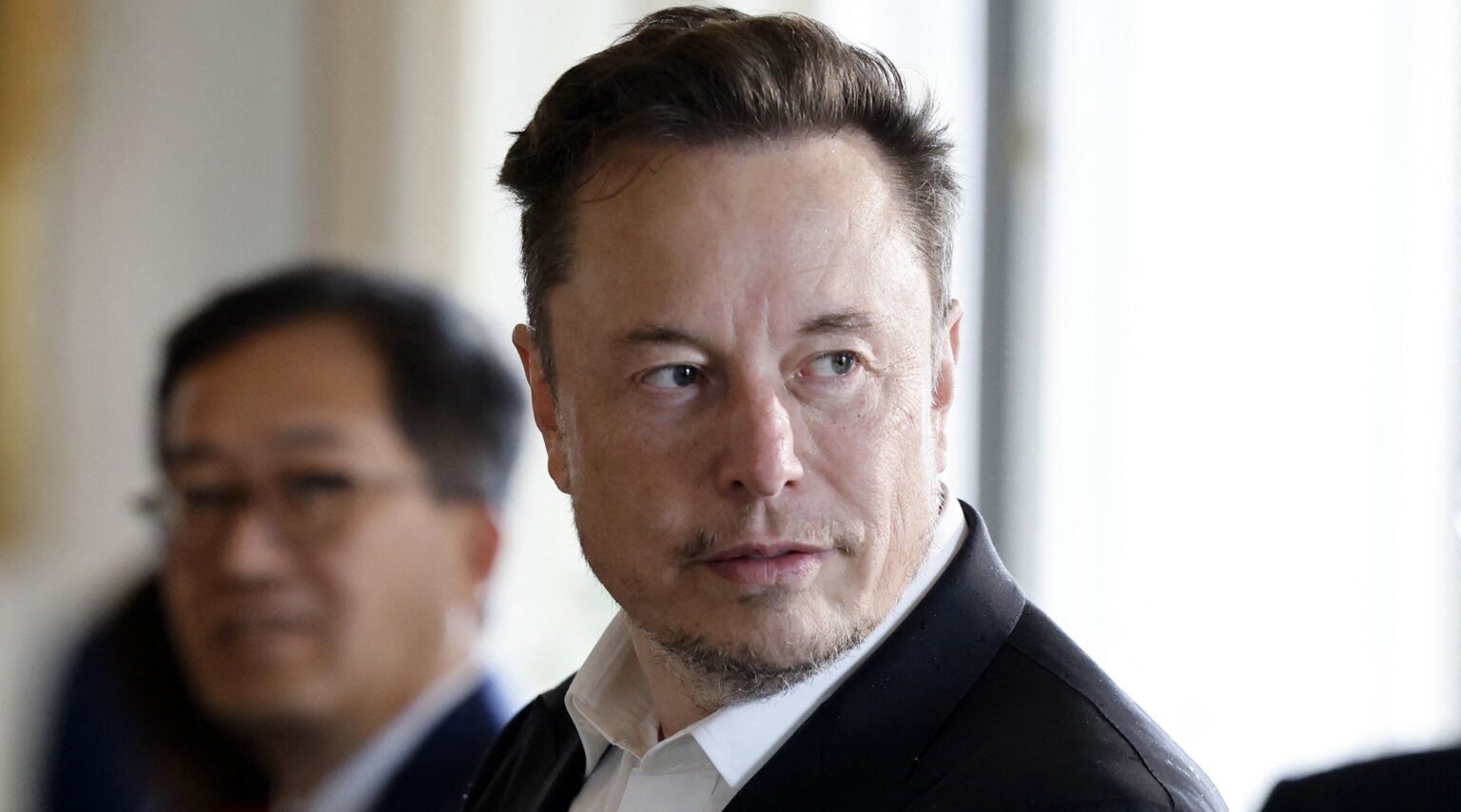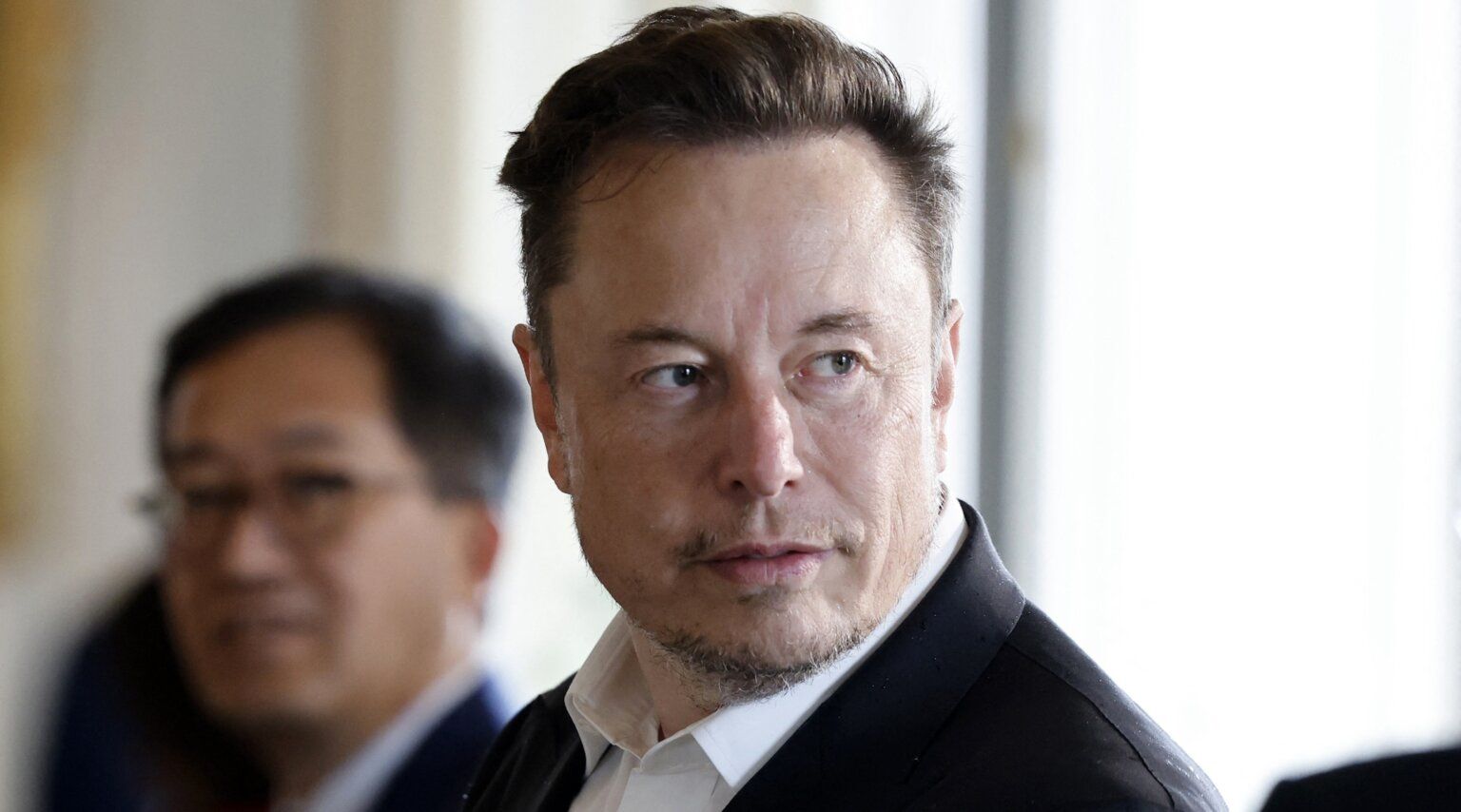
OpenAI CEO Sam Altman’s terse “no” at a Paris conference seemed to shut the door on Elon Musk’s surprise $97.4 billion bid.
But experts say the reality is far more complex.
Musk’s play, technically aimed at OpenAI’s nonprofit assets, could be less about acquiring control and more about strategically disrupting Altman’s efforts to reshape OpenAI’s structure.
The Altman plan: from non-profit ideals to for-profit reality
Altman is pushing to transform OpenAI into a fully for-profit entity, a move seen as essential for securing the capital needed to fuel its ambitious AI development.
However, Musk’s unexpected offer throws a wrench into these plans, creating legal and financial uncertainties.
According to Marc Toberoff, the attorney representing Musk and his investors, the core principle is ensuring the non-profit receives adequate compensation.
“If Sam Altman and the present OpenAI, Inc. Board of Directors are intent on becoming a fully for-profit corporation, it is vital that the charity be fairly compensated for what its leadership is taking away from it: control over the most transformative technology of our time,” Toberoff stated in a letter of intent.
The impossibility of a straight sale: decoding OpenAI’s structure
However, experts emphasize that a direct sale of OpenAI’s nonprofit arm is impossible.
OpenAI Inc., which oversees the for-profit business OpenAI LP, can only be owned by another non-profit, as explained by Jill Horwitz, a professor at the UCLA School of Law.
Horwitz clarified that while a sale of the entire entity isn’t feasible, a non-profit’s assets are, in fact, sellable; however, Altman cannot decide whether the organization should be sold, that decision resides in the board of the non-profit.
She also stated that this kind of transaction is “up to the board of the nonprofit and, if the transaction is substantial like this one, with the involvement of the relevant state attorney generals and courts.”
Limited control: even with an acquisition, Musk wouldn’t be king
Even if Musk managed to acquire OpenAI’s nonprofit assets, he wouldn’t gain absolute control.
Michael Wyland, a non-profit governance expert, pointed out that funds from any sale would be earmarked for the nonprofit’s mission.
Crucially, Musk wouldn’t automatically control OpenAI’s nonprofit board, unless the sales agreement specifically granted him that power.
Musk’s motivations go beyond mere acquisition.
His long-standing feud with Altman, stemming from his departure from OpenAI after failing to gain control, and a subsequent lawsuit alleging a deviation from its original mission, suggest a more complex strategy.
Rose Chan Loui, founding executive director of the Lowell Milken Center for Philanthropy & Nonprofits at UCLA Law, believes that simply making the bid “sets a floor”.
And forces OpenAI to respond to the bid, complicating Altman’s plans to turn OpenAI from a for-profit entity controlled by a nonprofit into an entirely for-profit company.
Loui also stated that, according to Delaware law, the state where OpenAI’s nonprofit was founded, and the fact that OpenAI is attempting to buy the nonprofit’s assets itself, once a company has said it’s considering a sale, it must at least consider unsolicited bids by outsiders.
A disruptive gambit: complicating funding and increasing scrutiny
From a funding perspective, Tunguz, the General Partner at Theory Ventures, believes that Musk’s actions “complicate everything,”
He also compared it to game theory, saying that the management team for OpenAI must figure out how to deal with Musk’s bid.
That also mean that they have to figure out how to negotiate in a way that keeps prospective investors happy, so the plan to turn the company into a for-profit “can continue in a way that the Attorneys General in California and Delaware can understand and publicly support?”
OpenAI is reportedly in the final stages of securing a $40 billion investment from Japan’s Softbank, which would value the company around $300 billion.
Musk’s move introduces added uncertainty to OpenAI’s crucial relationship with its primary financial backer, Microsoft.
Tunguz also mentioned that whether the bid fails or not, now all of a sudden OpenAI has to spend a lot more time on understanding all these legal questions, working with the Attorney Generals of these states, and it’s just friction.
Playing the long game: more than just a takeover attempt
Steve Jang, founder and managing partner at Kindred Ventures, sees the situation as a “long chess game” given Musk’s standing not only as an OpenAI ex co-founder with a grudge, but as the owner of OpenAI competitor, X.ai.
Jang explained that “It says to shareholders of OpenAI, if you are ever willing to sell, I’m a buyer.”
Jang also stated that, in general, Musk likely had no expectation that the board would approve the bid, “But it does create a necessary review and vote,” he told Fortune.
“And it says to the market, this is what we imply the value of OpenAI to be.”
The post Elon Musk’s OpenAI bid sparks legal chaos and investor doubts: just as he planned? appeared first on Invezz
